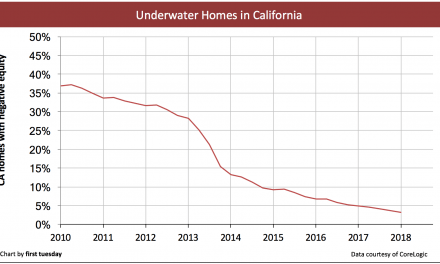Change of salesperson licensing requirements
Amended by AB 2429: Business and Professions Code §10151, 10153.3, 10153.4, and 10153.5
An individual who submits an application for the real estate salesperson examination or for both the examination and the license to the Department of Real Estate (DRE) after October 1, 2007 must complete all of the following in order to sit for the exam:
·Real Estate Principles;
·Real Estate Practice; and
·one additional pre-licensing course, other than the two courses listed above, Advanced Legal Aspects of Real Estate, Advanced Real Estate Finance, or Advanced Real Estate Appraisal.
Two exceptions to this general rule apply to those applications for the salesperson exam, license, or exam and license received by the DRE prior to October 1, 2007.
For either exception, only evidence of enrollment in or completion of the Real Estate Principles course must accompany an application submitted to the DRE in order to sit for the exam.
However, in order for a license to be issued to an individual, the following must occur:
1. The 18-month exception: For those individuals who pass their salesperson exam prior to October 1, 2007, upon the successful completion of the Real Estate Principles course if only evidence of enrollment was used to apply for the exam, a conditional license will be issued by the DRE, after which the individual will then have 18 months to complete Real Estate Practices and one additional pre-licensing course.
2. The non-18-month exception: For those individuals who pass their salesperson exam after October 1, 2007, the successful completion of Real Estate Principles (if only evidence of enrollment was used to apply for the exam), Real Estate Practices and one additional pre-licensing course must be submitted to the DRE in order for a salesperson license to be issued. No conditional license will be issued.
False representations subject to license suspension
Amended by AB 790: Business and Professions Code §10177
Effective January 1, 2007, the Real Estate Commissioner can suspend or revoke the license of a real estate licensee, or deny the issuance of a license to an applicant, who falsely represents his:
·designation or certification of special education;
·credentials;
·membership in a trade organization; or
·business.
If an officer, director, or individual owning or controlling 10% or more of a corporation’s stock does any of the above, the Commissioner can suspend or revoke the corporation’s license or deny the issuance of a license to the corporation.
Editor’s note — This code was enacted primarily as an attempt to help preserve the historical significance of the term “realtor” and the alphabet-soup type educational designations occasionally added to a person’ name.
Real estate sales contracts for condos defined
Amended by SB 504: Civil Code §2985
An agreement to purchase an attached residential condominium unit entered into as required by a Department of Real Estate conditional public report, is not considered a “real estate sales contract”, commonly known as a land sales contract.
Editor’s note — This amendment provides clarification for developers of condominium projects and their attorneys of the distinction between the sale of a unit under a purchase agreement, long classified as a pre-closing marketing device, and a land (real property) sales contract, which, like a mortgage or trust deed, is a post-closing security device.













